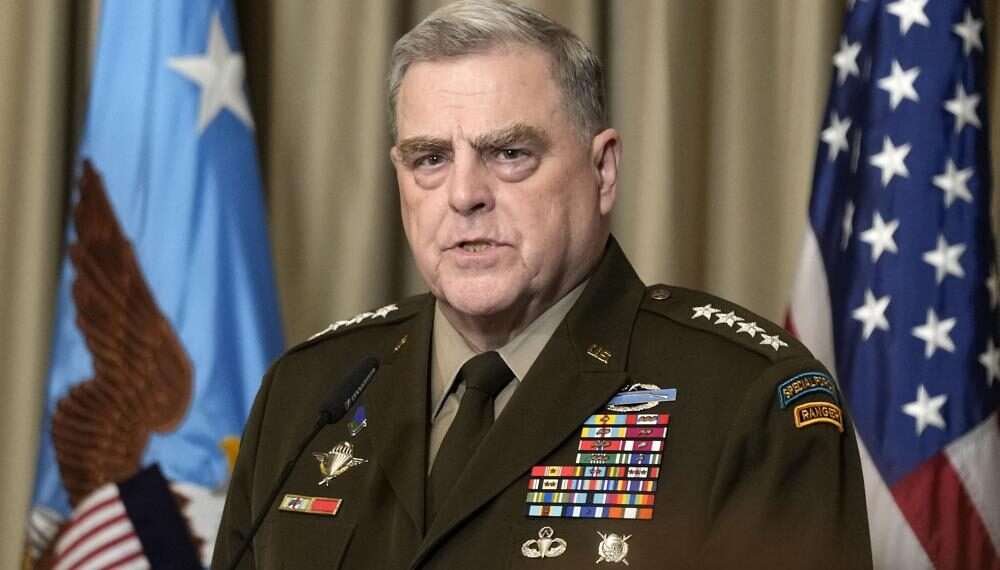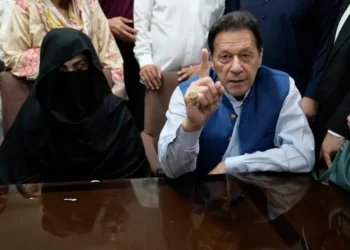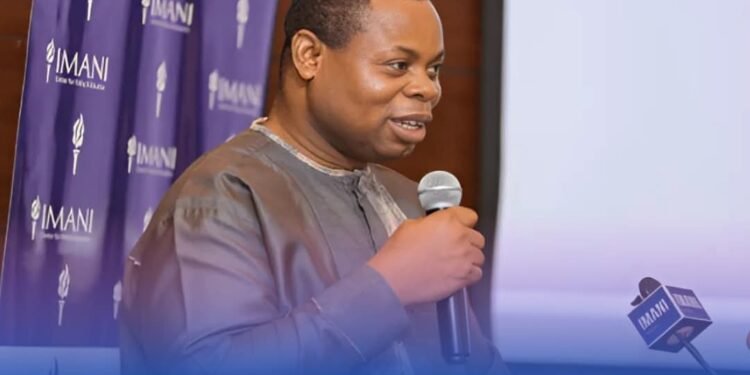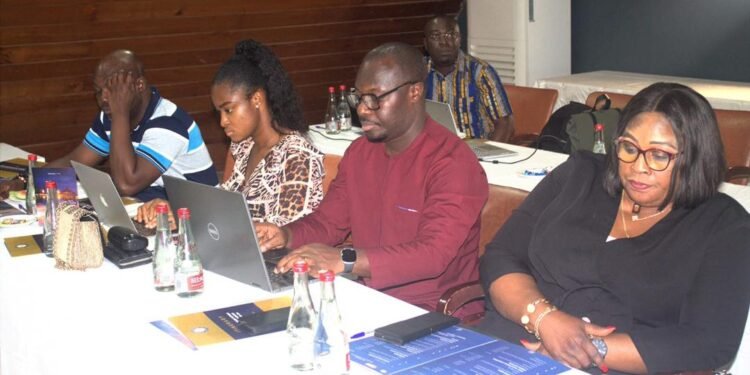Gen. Mark Milley, the Chairman of the U.S Joint Chiefs of Staff has called Japan’s efforts in boosting its defence crucial to countering rising threats from North Korea and China.
Speaking to reporters at the U.S. Ambassador’s residence in downtown Tokyo, Milley made mention of Japan’s need for improvements in cruise missile defense, early warning missile systems and air capabilities while lauding Japan’s commitment to doubling its defense spending over the next five years.
Milley’s comments provide an explicit U.S. military analysis of an increasingly unstable security situation in northeast Asia.
Rising military moves by North Korea and China and the possibility of war in the region has become a growing worry.
China has “invested enormously in their military, and aspire to be the regional power in the next 10 to 15 years,” Milley said.
That “could be very unstable; it could be very dangerous, and I think having a powerful Japan, a militarily capable Japan that has a close alliance with the United States and other countries, will go a long way to deterring war,” Milley said.
Moreover, Milley addressed the most recent missile test-launch by North Korea, a solid-fuel ICBM that he said “clearly demonstrates an intent to develop a capability to strike the continental United States.”
Even though Milley provided no specifics about the North’s missile program, he said, “It has our attention.”
Japan’s budget for the coming fiscal year provides a record 6.8 trillion yen ($50 billion) in defense spending, up 20% from a year earlier.
That includes 211.3 billion yen ($1.55 billion) for deployment of U.S.-made long-range Tomahawk cruise missiles that can be launched from warships and can hit targets up to 1,600 kilometers (1,000 miles) away.
“I have no doubt that the Japanese military could rapidly expand in scale, size, scope and skill very, very fast,” Milley said.
Milley Iterates Need For U.S To Quicken Military Assistance To Taiwan
Furthermore, the U.S Army General emphasized the need to accelerate U.S. military assistance to Taiwan.
Milley cited that the island needs better air defense, mines and air-to-air and shore-to-ship capabilities.
“What we’re opposed to is any … use of military to compel some sort of unification,” Milley said.
He added that “Taiwan should have the capability to defend itself” as a way to deter any aggression by China.
“The speed at which we the United states or other countries assist Taiwan in improving their defensive capabilities, I think that probably needs to be accelerated in the years to come.”
Gen. Mark Milley
The U.S is Taiwan’s most important arms supplier. Beijing has repeatedly demanded the sale of U.S weapons to Taiwan stop, viewing them as unwarranted support for the democratically governed island that Beijing claims.
Taiwan has since last year complained of delays to US weapon deliveries, such as Stinger anti-aircraft missiles, as manufacturers turned supplies to Ukraine as it battles invading Russian forces. The issue has concerned some US lawmakers.
Taiwan has said that its defence spending this year will focus on preparing weapons and equipment for a “total blockade” by China, including parts for F-16 fighters and replenishing weapons.
Meanwhile, Milley admitted that relations between the U.S and China were at a “very low point” and recent diplomatic meetings, including the one between U. S State Secretary Antony Blinken and top Chinese diplomat Wang Yi, were important to reduce the chances of escalation.
Milley also disclosed that the U.S was looking at whether it needed to change where some US forces were based within the Asia Pacific.
The majority of US forces in the region are in northeast Asia, including 28,500 in South Korea and 56,000 troops in Japan.
READ ALSO: Putin Claims Supply Of Weapons To Ukraine Will Not Change The Course Of Ongoing War























